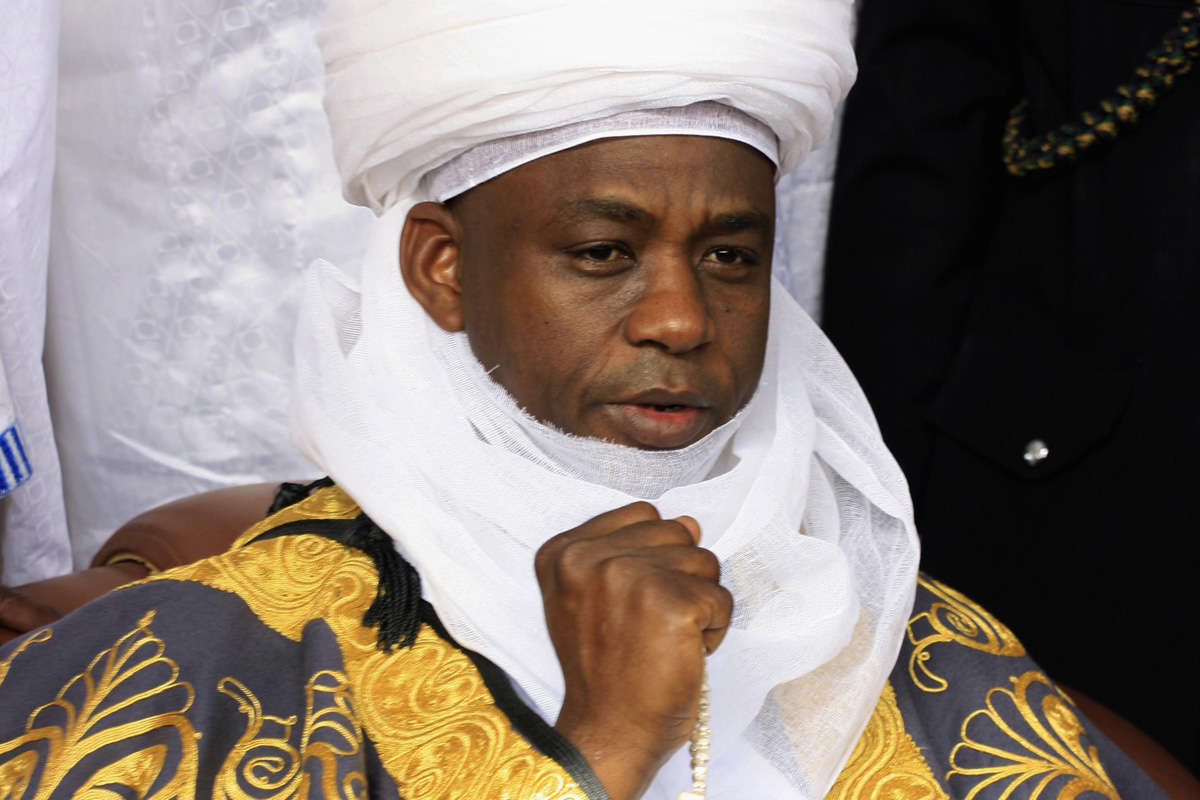By ISRAEL A. EBIJE
THE period of Ramadan is exceptional for a Muslim. It is used for spiritual rejuvenation, atonement and commitment to good deeds. It is a period set aside to burn cholesterol of sin and forge a way forward on how to be a better person in the society. At the end, the sanctimonious period helps in keeping the mind focused on a spiritual terra firma.
For those who are not familiar with the reason behind Ramadan, it is the month the Holy Quran was revealed to Prophet Mohammed (Peace be unto his name). Ramadan is therefore a month to recite the Holy text from the Quran even more eagerly and with renewed dedication to completing the task.
During the Ramadan period, Muslims are encouraged to complete the full recitation of the Holy Quran at least once during the month. With an average of 600 pages, this seemingly huge task can be achieved through the recitation of four pages before each of the five prayers daily throughout the entire month.
If the spiritual and physical activities culminating into the Eid Al Fitr festivity put the body, soul and mind to task, if the period is aimed at purifying spiritual and social aesthetics of adherents, then what is there for us to take home as Muslims and Christians?
For the Muslims, are we really spiritually rejuvenated at the end of the spiritual odyssey? For the Christians, are we really happy for the Muslims at this period? For the two religions, are we happy with ourselves? Do we have that seamless love wrapped around respect and sanctity of life for ourselves to see through religious walls?
These are indeed times we must use religion to distinguish us from beasts. We must go back to the deep recess of our minds to evaluate that insecurity, hate, intolerance that has characterized relationship between Christians and Muslims in Nigeria. If our religious beliefs preach peace, then where is the searing hate component coming from?
We owe ourselves a social duty to remember that each time we hate based on religious dissimilarity, we invariably allow hate to preach vile against the very good our religious underpinning stands for. It is. indeed, interesting to note that Christianity and Islam do not preach hate. Those who peddle hate are, therefore, the real unbelievers. I recall in the late 1980s and early 1990s how we celebrated Christian and Muslim religious festivities. I recall that as kids growing up, Sallah and Christmas fiestas were periods we adorned our best cloths. Families exchanged food and visits. After eating the best meals of the day, we embarked on compulsory visitations at residences of our friends, community neighbours for N50k, one Naira handouts.
Then, we only recognized our friends, classmates, and people living in our communities first as humans and not by their religious affiliations. That was a period when parents had the audacity to discipline another person’s child. As a child, you are impulsively forced to genuflect and greet whoever is older than you. We had to be humble to avoid getting beaten up for an act of rudeness.
At that growing up stage of my life, cases of parents belonging to different religious faiths disciplining children of their neighbours over acts of religious insubordination were myriad. For instance, a Christian mother who finds a child playing with her kids instead of going for regular Islamic studies ensures that gets punished immediately and sent to his/her parent for more disciplinary action. It applied to a Muslim mother and a delinquent child trying to avoid church service too.
Time seems to have eroded all the sweet traditions of brotherliness. time has built religious walls and we are all caged in it. Bigotry is now the new religion. The time also for collective parenting has faded away. No more seamless boundaries of celebrations, it is now our religion, your fiesta, your choice, your problem.
Some people believe religious polarity in the country has its origin in politics. It is alleged that politicians used religion to corner votes for themselves by preaching hate through sponsored pastors and Malams. Other analysts are quick to say it is caused by cleavage-based hate, which has grown into full blown “ethnocentrism” and extreme bigotry.
The religious wall in the country today is partly caused by politicians, bigoted preachers, social anomie, and psychological disaster of allowing all the causative factors affect us. We reason and act according to the divide of the religion we belong to instead of the social value of our staying together as members of the human family. The truth about the way people perceive other religion is that we jettison the main tenets of what we believe in. The moral ethos of our religious practices has been jettisoned and we have chosen to re-write it along carnal hatred.
It is, indeed, interesting to note that nobody can actually trace or link ethno-religious hate to their faith except that he or she has been told by somebody to “avoid the other religion”. Our social, political and economic life is not spared of the growing religion-based hate. Political leaders, clerics must engineer the minds of people away from demonizing other people’s religious beliefs. People should be informed that we are all members of the human family and we need ourselves. We must realize that sometime when we need people’s help those close might be from other religious orientations..
Ebije writes from Lagos.

